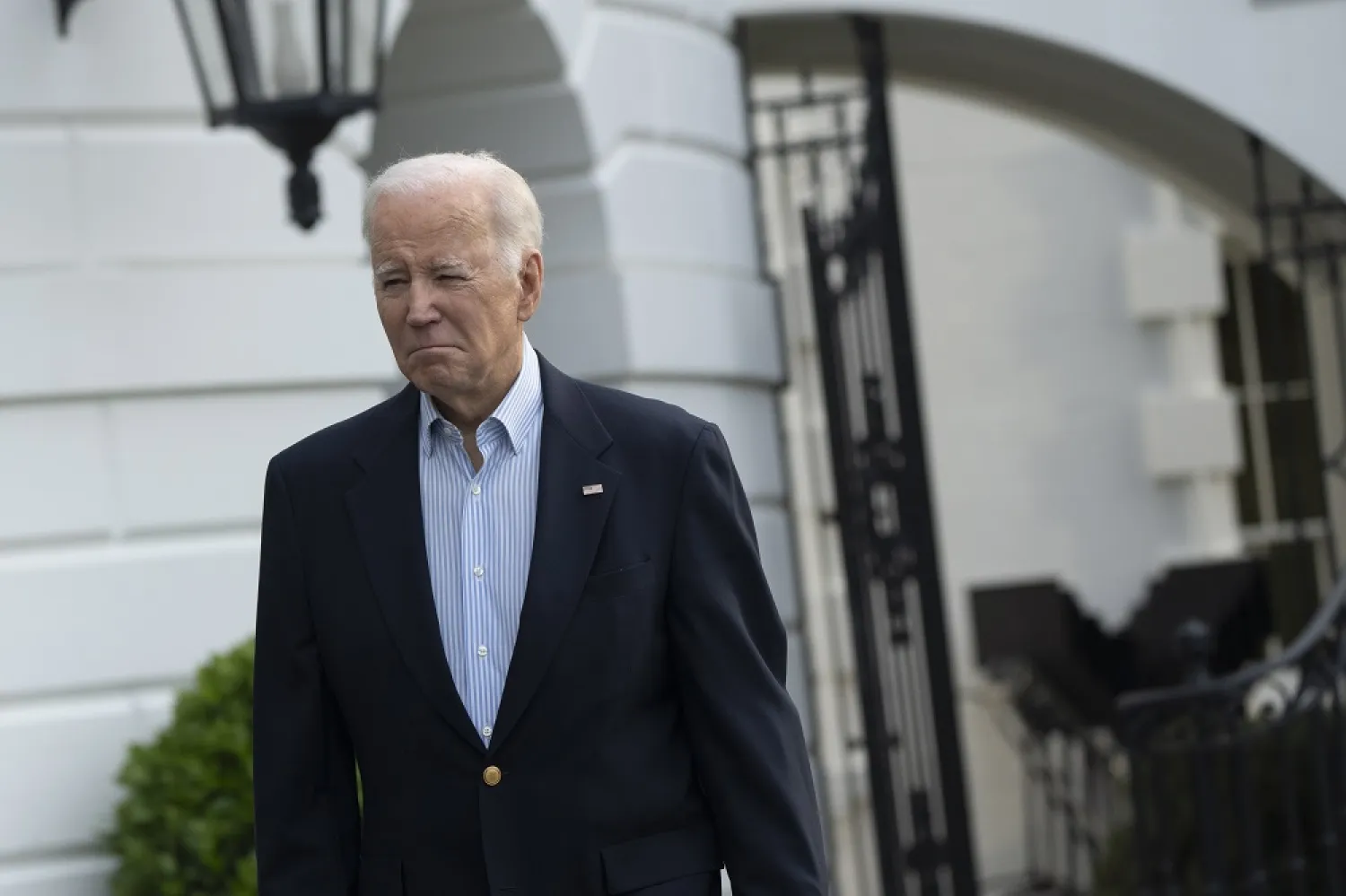The United States stressed on Sunday its continued support to all efforts aimed at reaching a comprehensive solution to the crisis in Yemen.
In a statement released by the White House marking one year since the implementation of the nationwide ceasefire in Yemen, US President Joe Biden said: “One year that has saved countless Yemeni lives, enabled increased humanitarian assistance to flow throughout the country, allowed Yemenis to travel throughout the Middle East, and set the conditions for a comprehensive peace.”
“That focus will continue intensively as we seek to build on this extraordinary progress and support all efforts towards a comprehensive resolution to this terrible conflict,” he stated.
“The fact that cross border attacks from Yemen have ceased in the last year, as well as airstrikes inside Yemen, is yet another positive outcome of the truce,” he added.
“The United States remains fully committed to our partners in the region, and to supporting Saudi Arabia and the United Arab Emirates from Iranian enabled attacks,” he went on to say.
“I look forward to continuing to work with all our partners in the region to permanently end the war in Yemen,” remarked Biden.
The truce was reached in April 2022 during Yemeni talks in Riyadh. It expired in October after the Iran-backed Houthi militias set new conditions to the truce that made it impossible for it to be extended.
Meanwhile, France held the militias responsible for the failure to renew the ceasefire, which had helped ease the suffering of the Yemeni people.
In a series of tweets, the French embassy in Yemen called on “all parties, especially the Houthis, to shun violence and engage in UN-sponsored negotiations in goodwill.”
It stressed that peace and stability in Yemen demand direct dialogue between the government and Houthis to reach a comprehensive political solution.
It also underscored its full support to United Nations envoy Hans Grundberg’s peace efforts in the country.
Grundberg, for his part, issued a statement to mark the one-year anniversary of the truce.
“It was a moment of hope and a rare opening in a cycle of almost unabated violence and escalation over eight years. Even after its expiration, the truce is broadly holding and many of its elements continue to be implemented,” he noted.
“But the truce’s most significant promise is its potential to jumpstart an inclusive political process aimed at comprehensively and sustainably ending the conflict,” he remarked.
“Today, with renewed Yemeni, regional, and international momentum towards peace in Yemen, this potential could materialize,” he stated.
“But there are still significant risks. The military, economic and rhetorical escalation of recent weeks is a reminder of the fragility of the truce’s achievements if they are not anchored to political progress towards a peaceful resolution of the conflict,” warned the envoy.
“There is a need to protect the gains of the truce and to build on them towards more humanitarian relief, a nationwide ceasefire, and a sustainable political settlement that meets the aspirations of Yemeni women and men,” Grundberg continued.
“This requires a process that brings Yemeni stakeholders together to implement agreed measures, diffuse tensions, and collaboratively think through the key questions of security, governance institutions and transitional design,” he added.
“Both parties must be willing to sit together and responsibly engage in serious dialogue. This is the measure of their commitment to a future political partnership,” stressed Grundberg.
“Ultimately, achieving peace is the responsibility of the parties. There is no shortage of ideas, preparation, or international support to move forward towards sustainable peace and development in Yemen. But the minimum level of trust required for constructive discussions is hard earned, and easily lost,” he said.
“Moments like now are fleeting and precarious. This is not the time for escalation and zero-sum games. More than ever, now is the time for dialogue, compromises, and a demonstration of leadership and serious will to achieve peace,” he remarked.









